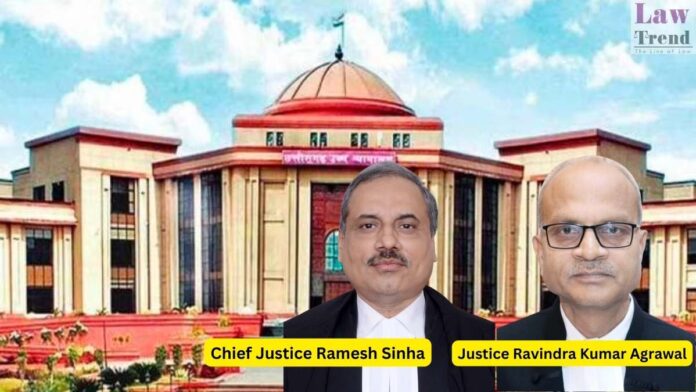The Chhattisgarh High Court has taken suo motu cognizance of the non-functioning of the State Bar Council of Chhattisgarh, initiating a Public Interest Litigation (WPPIL No. 25 of 2025) to address the administrative paralysis resulting from the absence of an elected body since February 2, 2021. The division bench, comprising Chief Justice Ramesh Sinha and
To Read More Please Subscribe to VIP Membership for Unlimited Access to All the Articles, Download Available Copies of Judgments/Order, Acess to Central/State Bare Acts, Advertisement Free Content, Access to More than 4000 Legal Drafts( Readymade Editable Formats of Suits, Petitions, Writs, Legal Notices, Divorce Petitions, 138 Notices, Bail Applications etc.) in Hindi and English.




